Keto has surely been one of the hottest food trends in the last five to ten years. We have mapped and categorised some of the most interesting startups of this ecosystem to identify its underlying trends.
What is Keto ?
As some people call it (obviously, not fans), Keto is the new Gluten-Free trend. Basically, Keto is the idea that fat is good and the real enemies are carbohydrates. This trend comes from the 70’s when the low carb Atkins diet started to get famous in the US. In some ways it can be related to the Paleo diet (not familiar with Paleo? let’s skip it for now).
The idea that fat is the source of all evils is quite recent. As underlined in the very good book (no pun intended): The Big Fat, Why Butter, Meat and Cheese Belong in a Healthy Diet, post-WWII very questionable studies have created a link in the mind of consumers between fats in food and them adding fat on their bodies.
So, that leads to the keto trend where people want to heat more fat, saturated plant-based fats AND animal fats. This ecosystem has boomed in the last couple of years and is now formed of dozens of startups in various ecosystems. We have mapped some of them to help you start your journey in the world of fat.
Mapping and sub-categories
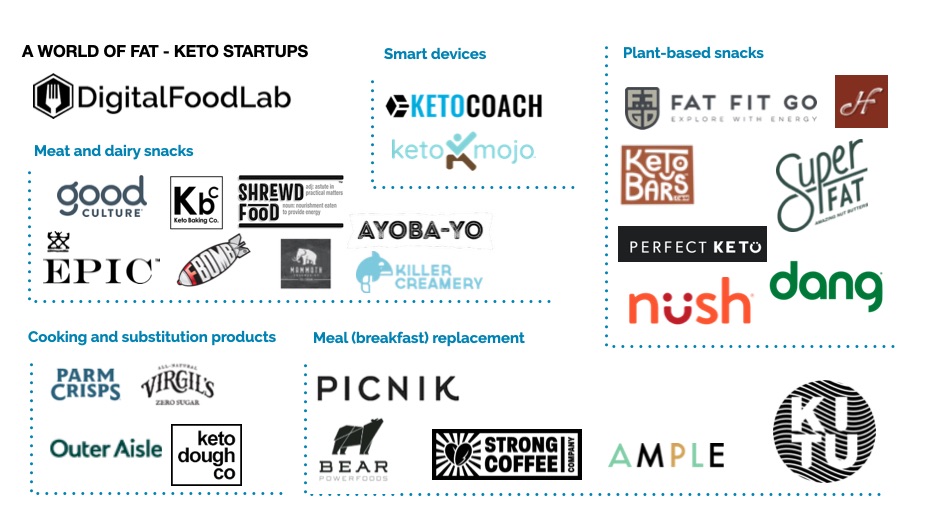
In this mapping, we have mapped five sub-categories that represent the most important activities of the keto-oriented startups:
Plant-based snacks
As for many food DTC brands, keto startups have mostly focused on healthy snacking. This gave birth to many startups marketing plant-based keto products.
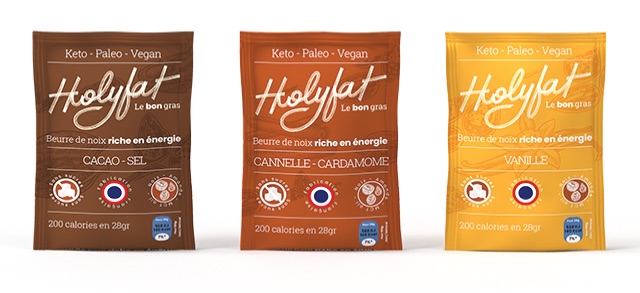
Holy Fat, a French startup which has just completed its crowdfunding, is one of them. Its promise is pretty simple: let’s replace our usual snack by peanut and other nuts butter. While highly efficient for sports (as the product is less bulky and easier to eat than a traditional solid snack), it will be challenging to convince other types of consumers.
Meat and dairy snacks
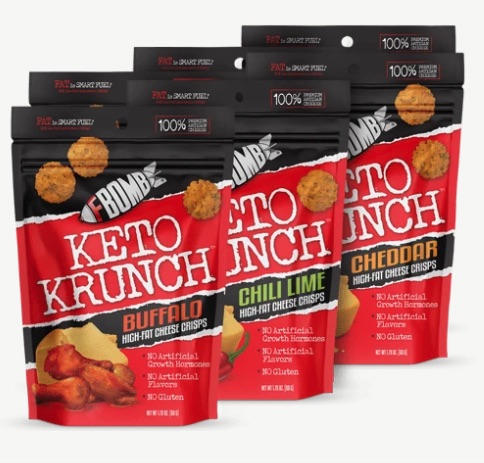
while not being clearly activists, most food entrepreneurs share a vision of a more vegetarian world. In this area too, Keto startups are peculiar as many of them have a partial or total focus on animal fats. This is notably the case of the smartly named Fbomb with its cheese crisps and meat sticks.
Cooking and substitution products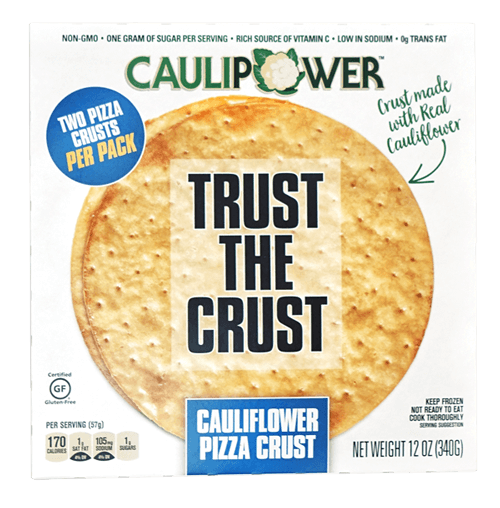
An area where keto-oriented startups have met the biggest success is prepared foods and preparations. Caulipower, a California-based startup, has already raised more than $10M for its frozen pizzas and pizza crusts. While not explicitly oriented toward keto, the startup and its many competitors enable keto addicts to eat pizzas while avoiding carbs.
Meal (breakfast) replacement
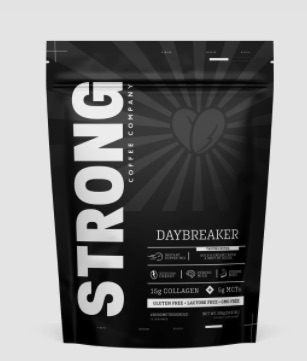
The first thing most people do when trying keto is to go for a strong or bullet coffee. The idea is pretty basic: skip traditional carbohydrate-rich breakfast and replace it with your traditional coffee in which you add a spoon of coconut oil or butter. Startups such as the Strong coffee company propose mixes including instant coffee, the right amount of fat and collagen.
Smart devices
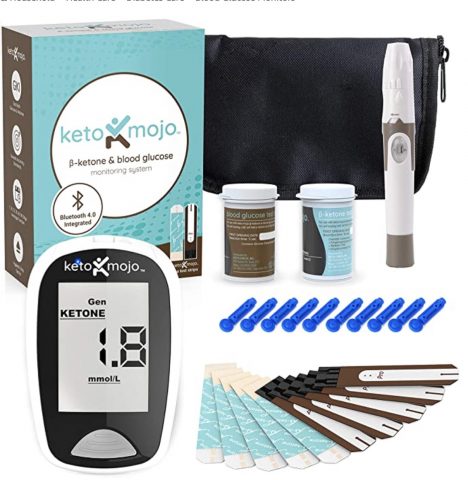
Last but not least, startups, such as Keto Mojo have developed devices to help you track blood ketone and glucose levels. The idea behind these tests is simple: we all have different responses to foods and one ingredient may trigger insulin pics when it will have a completely different effect on another person. These devices are supposed to help us understand our body and which (keto) foods are the best for us.
Trends
So, where is this ecosystem going? First, it is not going to disappear. it is at the crossing of many trends:
- keto, paleo and other low carb diets have been proven successful. Their only “enemy” is the vegan or vegetarian trend, as animal proteins are often seen as the energy (calories) counterbalancing the absence of grains (carbs)
- they benefit from the push toward healthier snacks.
- as a niche food trend, it helps many consumers to define and differetiate themselves through what they eat
You wonder how to integrate FoodTech and AgTech into your innovation strategy, what are the startups who could threaten or enrich your business model? Contact us here.
Get in Touch
We work with our clients to identify and act on the best Foodtech opportunities
By email
contact@digitalfoodlab.com
Our office
14 avenue de l’Opéra, 75001 Paris, France

